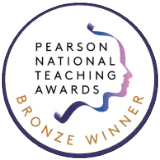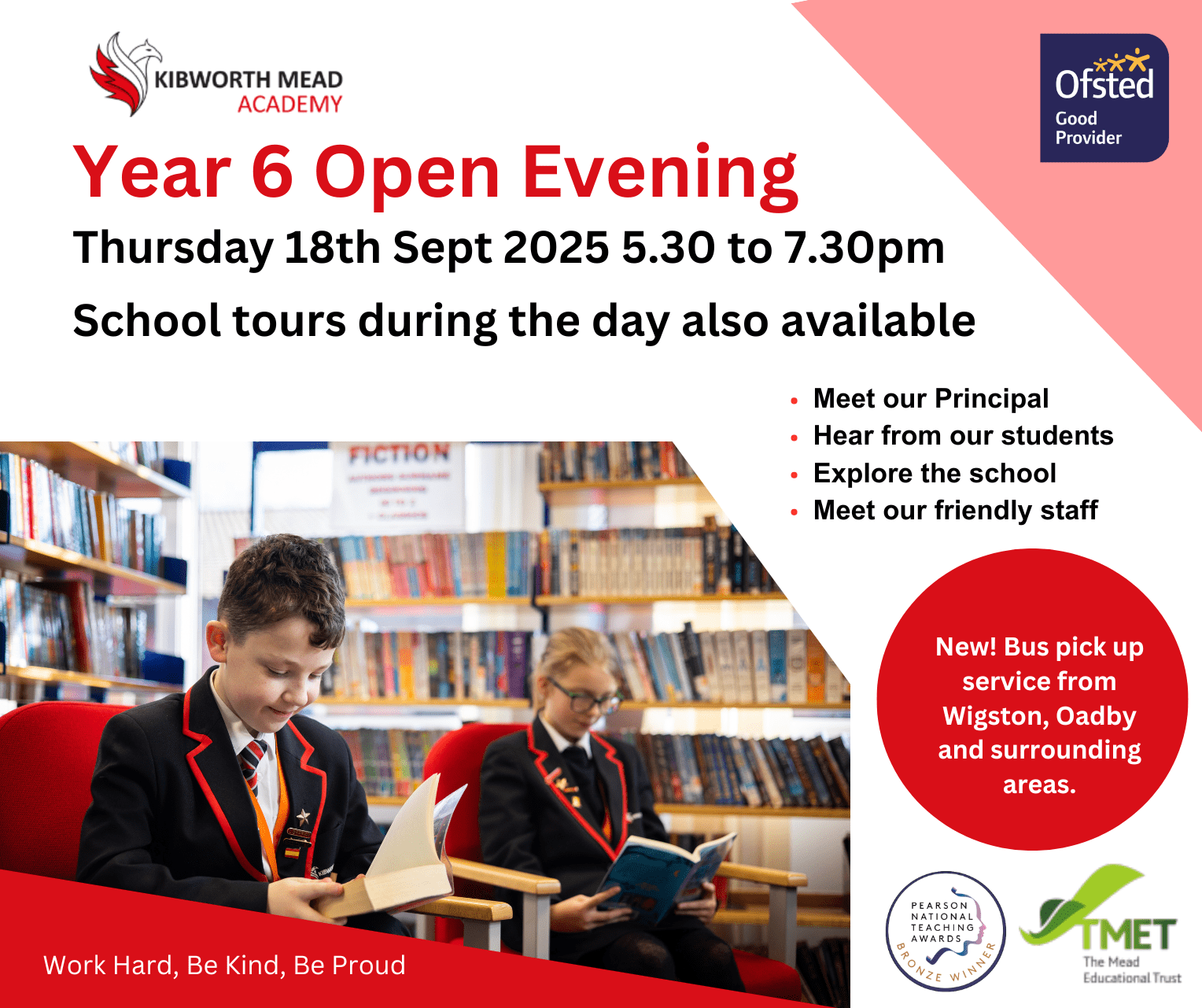The aim of our English curriculum is to produce resourceful, creative and resilient citizens who have an excellent standard of English to use in their everyday lives and future careers. We provide students with a framework for understanding the world around them, including how to respond critically to different media, so that they can successfully navigate adult life. Students are empowered to become effective written and verbal communicators, who have the confidence to articulate their opinions and ideas and thrive in an academically challenging environment. We also place significant value on fostering an appreciation of literature from a range of cultures, genres and time periods.
KS3 Knowledge Organisers
KS4 Knowledge Organisers
Subject Leader/s
T. Roberts
[email protected]




